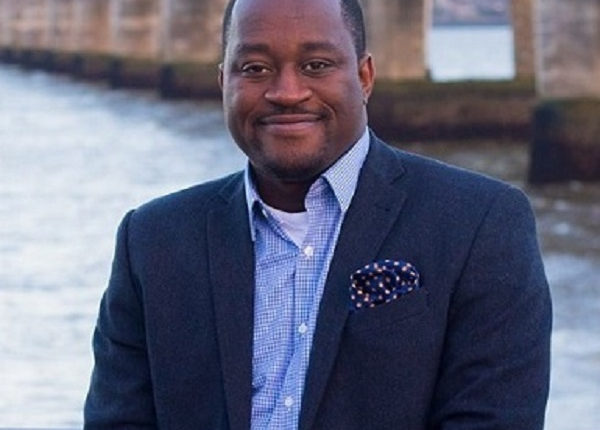Dr. Theo Acheampong – an Economist and Political Risk Analyst, has disclosed that government’s ambitious goal of securing an IMF bailout by the end of March may not be realized as projected.
Due to negotiations with commercial creditors, the economist noted that the country is more likely to secure Board approval for an IMF bailout by the end of April or May this year.
The Ghanaian government has been facing a challenging time dealing with its external debt. The country’s external debt stock stands at $29bn, of which commercial creditors hold a significant portion of around $13bn, while multilateral institutions hold approximately $8bn, or 30% of the country’s external debt stock.
“We are on course for the IMF staff to present to the IMF executive board Ghana’s programme request for a 3 billion dollar extended credit facility by the end of the month,” President Akufo-Addo said on Wednesday while presenting the State of the Nation Address (SONA) to Parliament.
However according to Dr. Acheampong, the negotiations for external debt restructuring with commercial creditors can drag on for a long time, making it difficult to meet the March deadline set by the government.
While the government had hoped to restructure its loans with China to help attain the IMF bailout by March, Dr. Acheampong revealed that Ghana’s debt to China, which stands at about $1.9bn, forms only a small portion of the country’s total external debt stock.
The economist therefore communicated that China is not a significant threat to Ghana’s ability to secure the IMF bailout program.
Putting across suggestions, Dr. Acheampong averred that for the government to effectively reduce its external debt stock and secure the needed bailout program, it should focus on its biggest creditors – the commercial creditors, who hold a significant portion of the country’s debt, adding that: “Being able to restructure their debt will be crucial to the government’s efforts to secure the IMF bailout.”
Furthermore, Dr. Acheampong recommended that for an effective negotiation with external creditors, the government should have all external creditors, including the Paris Club, China, commercial creditors, and IMF/World Bank at the negotiating table simultaneously.
“This would enable the government to negotiate more effectively and expedite the process of securing the necessary bailout program,” he said.


Comments are closed.